As OBX visitors come, questions remain for hospitality industry
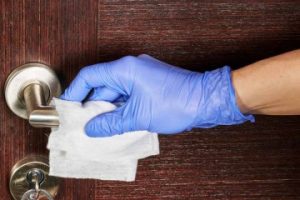
In a coordinated effort among the three counties of the Outer Banks, the area will reopen to visitors on Saturday, May 16. When the rental homes, hotels and motels do reopen, it may appear to be business as usual. But for the people who work in the hospitality business, it will be anything but.
“This is new territory for everyone in every way imaginable. We’re in uncharted waters here,” Willo Kelly, Executive Director of the Outer Banks Association of Realtors said.
COVID-19 is influencing almost every decision property managers are making for their companies. Although some of the decisions may not be apparent to the public, there will be impacts.
“It’s a whole new world,” Dan Hardy, General Manager of Joe Lamb, Jr. & Associates said. “The amount of time it’s going to take cleaners to perform the tasks has essentially doubled. You’ve got to first clean and then you have to go back and disinfect…It’s very difficult. We’re struggling to figure out how we can possibly change the job that we’ve done and been doing it for a long time, fifty years for us.”
The property managers interviewed agreed that the cleaning protocols required to maximize the safety of guests cannot not be accomplished in the usual amount of time. Check-out and check-in times are going to change because of that.
“One of the things that we’re talking about is changing our check in and check out time,” said Myra Ladd-Bone of Atlantic Realty. “We know that we’re going to have to do a lot of extra cleaning. Disinfecting, sanitizing, which is going to take our cleaners longer…We’re thinking about changing our check-in to five and our checkout to nine a.m. That would be two extra hours.”
She described the details of what will be involved in the second round of cleaning that will take so much time: “Now they’re talking like we’re going to have to sanitize the remotes, the light switches. Every touchable surface.”
According to the manager of a company that specializes in cleaning homes, more than 150 touch surfaces were identified in a two-bedroom, two-bath home, including door knobs, chain pulls for lights, and light switch plates.
The time that guests arrive and leave may not be the only thing affected by the new standards.
In the past, any problem in a home prompted a service call as quickly as possible. Social distancing guidelines will make that difficult.
“A guest calls in a problem and it doesn’t really matter what the problem is, in the past we’re on it,” Hardy said. “Now it’s going to have to be more of a triage-type fashion, where only the more serious problems are addressed, and we’re going to have to discuss this with our guests. They probably don’t want us coming in there either. We’re going to have to do much more on changeover days.”
Even the appearance of the maintenance personnel will be different.
“Our maintenance people will wear face masks and will wash their hands when they begin a project and when they complete it. We are also requiring our guests to keep clear of our maintenance personnel,” said Doug Brindley, President of Brindley Beach Vacations.
There are other issues that companies are grappling with as well. Soft surfaces are not as easily sanitized as countertops or a doorknob, although there are materials that do disinfect soft surfaces.
“There are some EPA approved disinfectant sprays that you can put on the soft surface surfaces,” Dare County Director of Health and Human Services Sheila Davies said. The spray disinfectants have been shown to be effective against corona viruses in general. However, they do take a while to work and should be given adequate time to disperse into the air.
Because of concerns about disinfecting soft surfaces, including comforters and pillows, property management companies are considering something that has not been part of the Outer Banks scene for years.
“We’ve got some things we’re doing with our bedding,” Monica Thibodeau, Managing Partner of Carolina Designs said. “Placing the comforters in the closet, to make people bring their own blankets or allow us to provide them with a blanket versus using the comforter that’s on the bed.”
It is an issue that Atlantic Realty is also confronting.
One thing that was suggested, noted Ladd-Bone, is “Let’s just give everyone a blanket. Who’s going to purchase all of these blankets up front? And then you’ve got to get them laundered every week. A lot of logistical stuff to get answered.”
Liz Askew, who works with Ladd-Bone raised another concern. “Now the guests have to bring comforters and pillows. It’s just not practical for a large family,” she said.
Property management companies are also dealing with how to accommodate guests who had Outer Banks reservations during the time that access to Dare and Currituck Counties was denied. The law is actually very clear on the subject, and as Willo Kelly explains, “the tenant is due a refund.” Once the area is open to visitors, however, those who cancel are not entitled to get their money back.
The big question that property management companies and county officials are pondering, though, is what happens if someone becomes ill with COVID-19 while vacationing on the Outer Banks. They could be asymptomatic when they arrive but develop symptoms over the course of the week. It is a scenario with no clear-cut answers.
“If you start showing symptoms you need to go home to your own health care provider,” Thibodeau said. “If someone becomes ill, they will go home…Who stays in a place they do not know?” Brindley echoed.
There are, however, complicating factors.
“When someone tests positive, they are basically under an isolation order from the local health director, and you’re supposed to stay isolated in your home unless you have to seek medical care,” Davies said.
She acknowledges, however, that in a tourist-based economy where a one-week stay is the norm, that may not be practical. If the house is already reserved for the following week, it is unclear whether someone who has tested positive could be required or allowed to stay. That, as Davies notes, creates another concern.
“Are we going to allow them to travel back if they’re symptomatic to wherever they came from? The concern with that is you’re going to spread the virus as you go if you make trips,” she said.
She also addressed the potential problem of someone being too sick to travel, but not sick enough to be in the hospital.
“We know one’s going to happen, so basically we need to locally make some provisions if they’ve got to leave that rental home because they’re weak and that they are too sick to travel, where they can go until they do feel well enough to go home,” Davies said.
There are other issues as well. HPPA guidelines create strict confidentiality of patient medical conditions. That creates some tricky situations,
According to an email from Davies following a conference call between county health directors and the North Carolina Department of Health and Human Services, “If we have a positive COVID-19 case for an individual staying in a short term rental, we are to notify the facility of the necessary cleaning requirements that should be used, but not specifically state an individual tested positive for COVID-19,” she wrote.
Davies acknowledges that people will be able to infer that someone had tested positive for COVID-19, but the Health and Human Services Department is prohibited from stating that is the case.
There are protocols in place for cleaning a home after someone tests positive for the virus. “The recommendation is to open outside doors and windows to increase air circulation and wait 24 hours…to clean and disinfect. If you can’t wait 24 hours…wait as long as possible,” Davies said. “You can walk through in your mind some challenges for that.”
One of the issues that Davies raises is how important it will be for individuals to take responsibility for letting rental personnel know if there is a problem.
“We’re hoping companies will give guests an action letter that says, ‘Hey if, in light of the COVID-19 pandemic, you start experiencing symptoms, we would greatly appreciate a courtesy call from us so we can prepare our housekeeping staff when they are cleaning your room at your departure,” she suggested.
Property management companies are also hoping for more active cooperation from their guests.
“Anything we do is going to require some personal responsibility on the part of the guests,” Thibodeau said.
In spite of the all the COVID-19 complications, owners and managers of local companies say they are confident about the upcoming season.
Ladd-Bone at Atlantic Realty has been hearing from guests anxious to get back to the Outer Banks. “When are you going to open? We’re ready to come,” she has been told.
“People who have reservations can’t wait to get here,” said Askew. “We expect they’ll be a big rush when things open up.”
“Overall, we’re looking at a good summer,” observed Thibodeau of Carolina Designs. “I’m not seeing a lot of people canceling their July and August.” She added that because there were no spring bookings, fall is looking stronger than usual. “With us trying to push these May reservations to the fall, we’re going to be busy this fall,” Thibodeau said. “I think we’re going to be all right.”


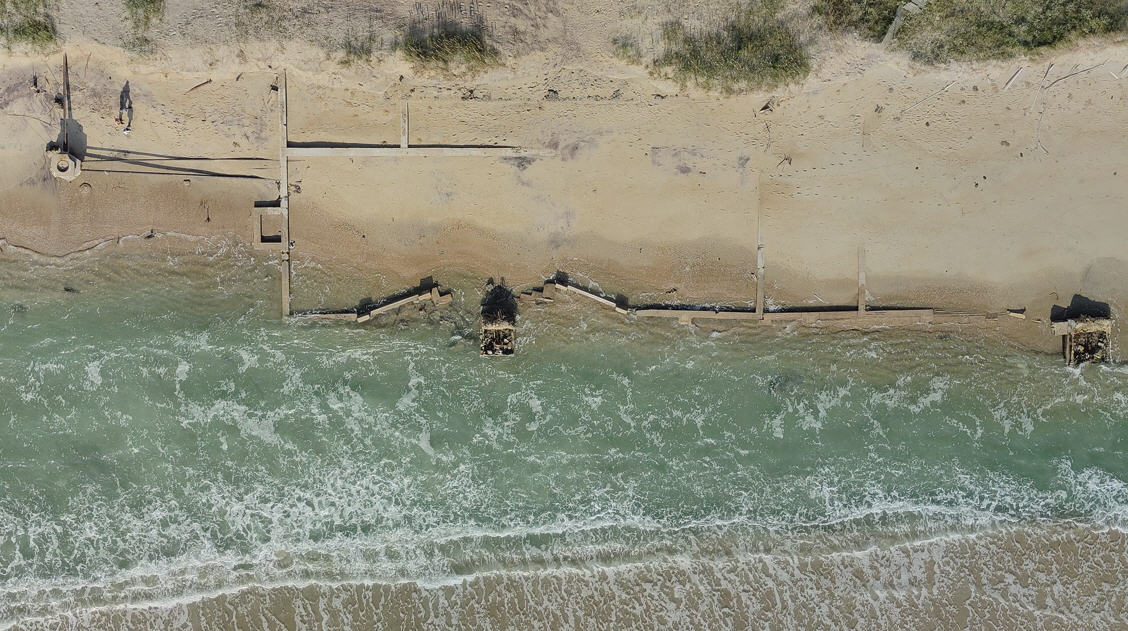
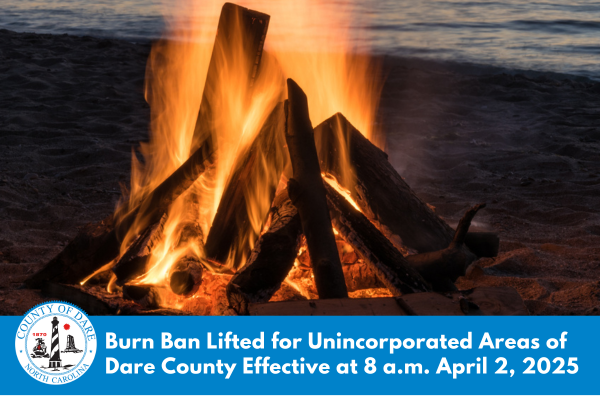

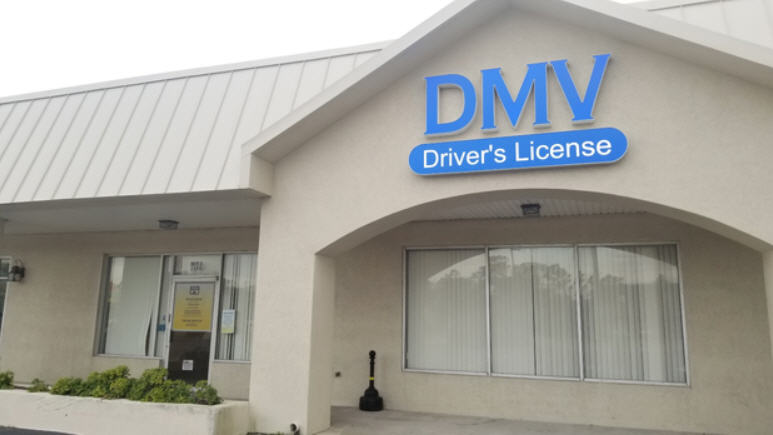
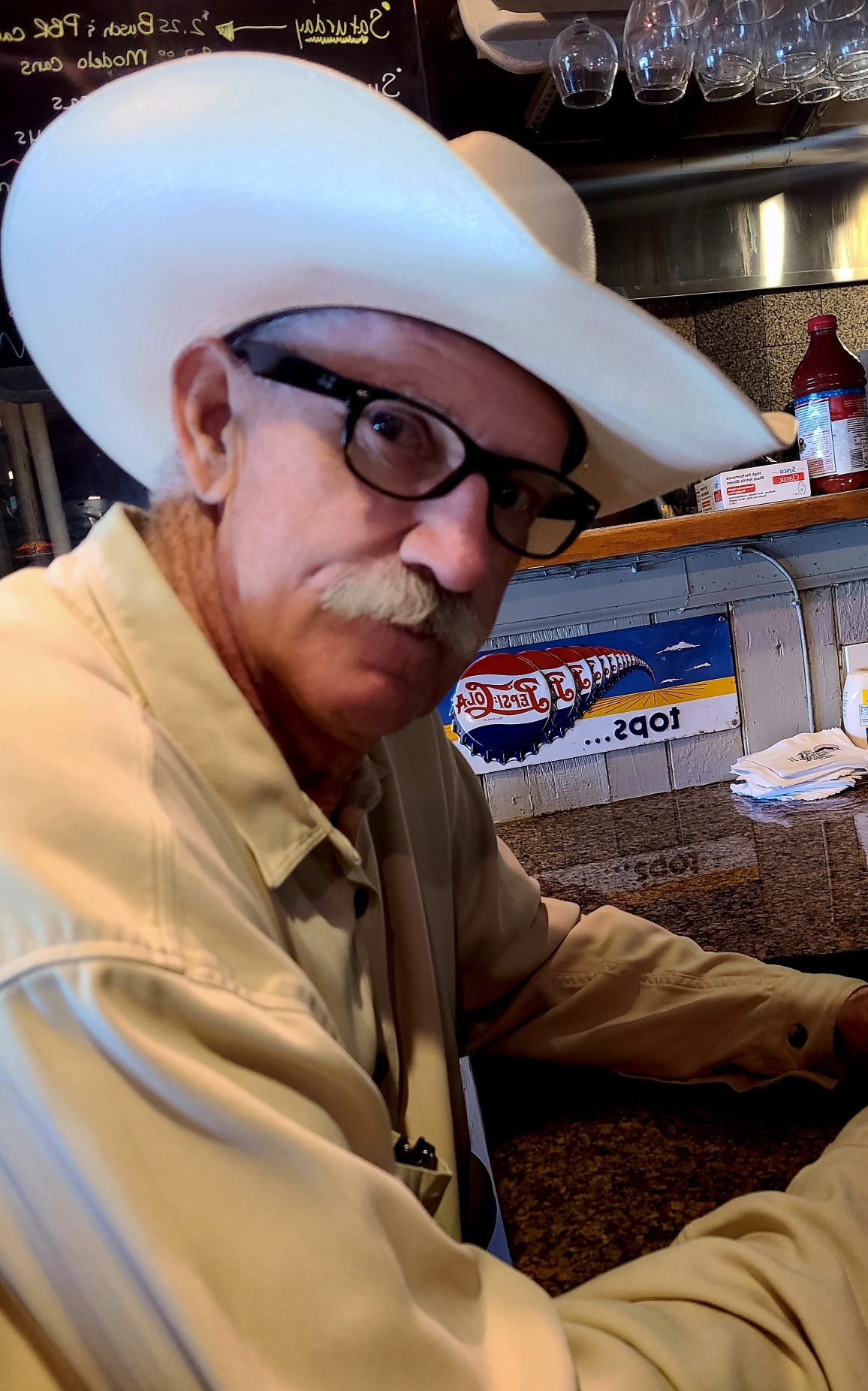


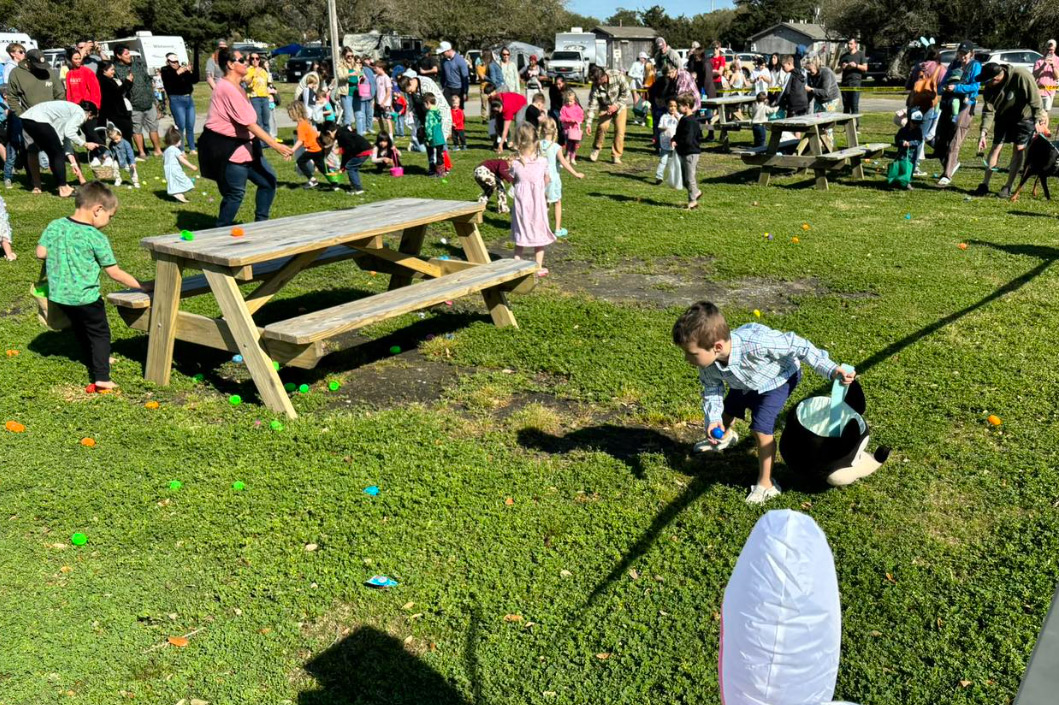

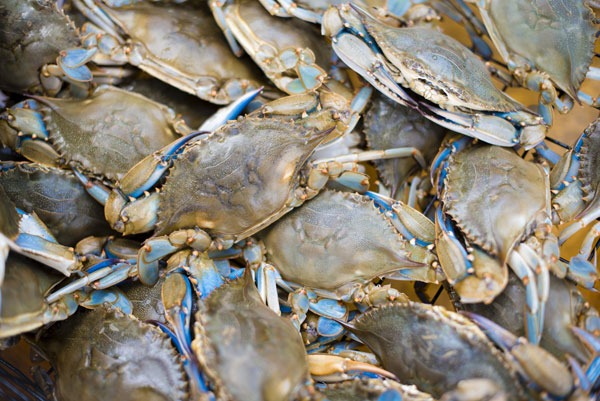

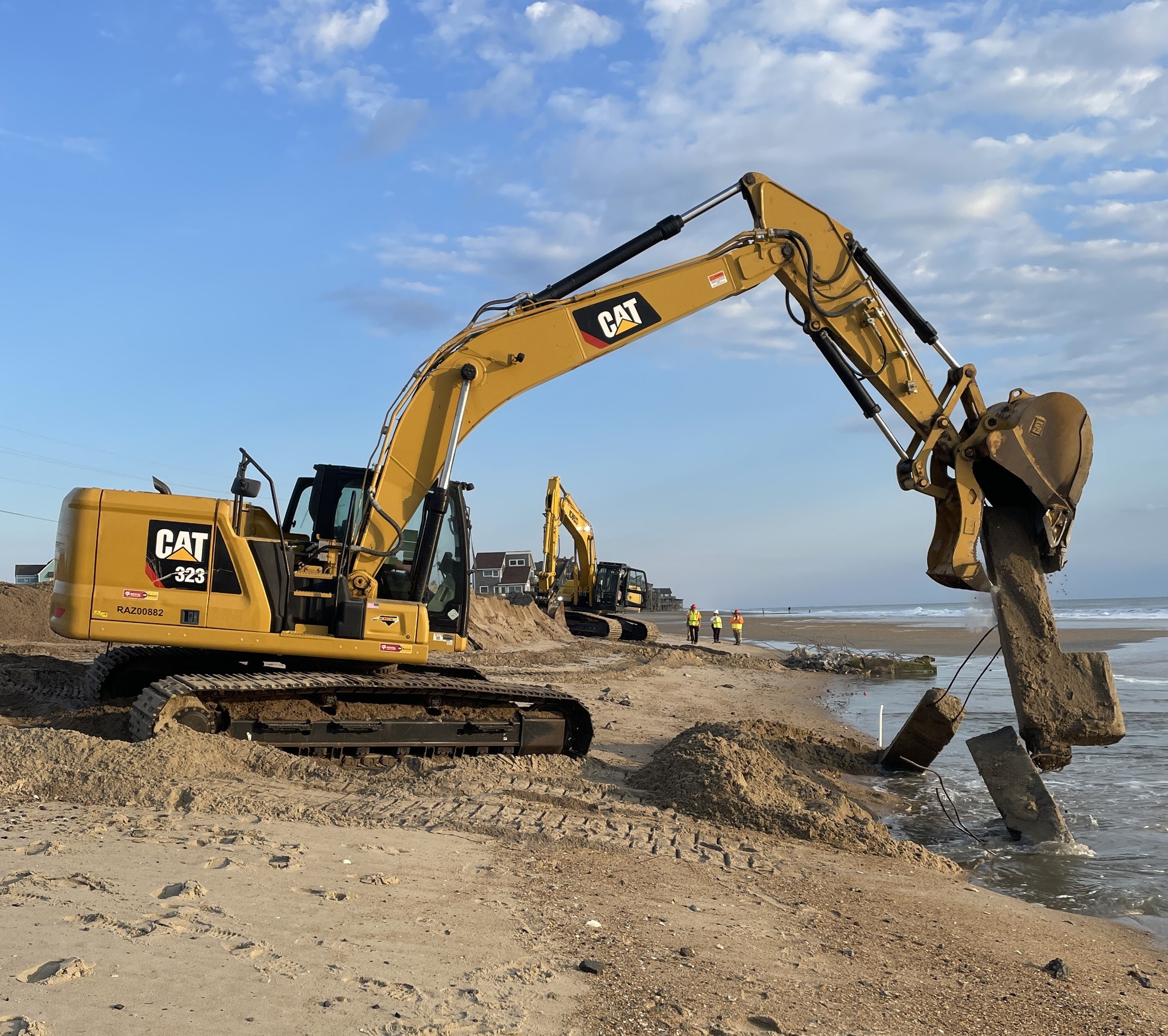


A